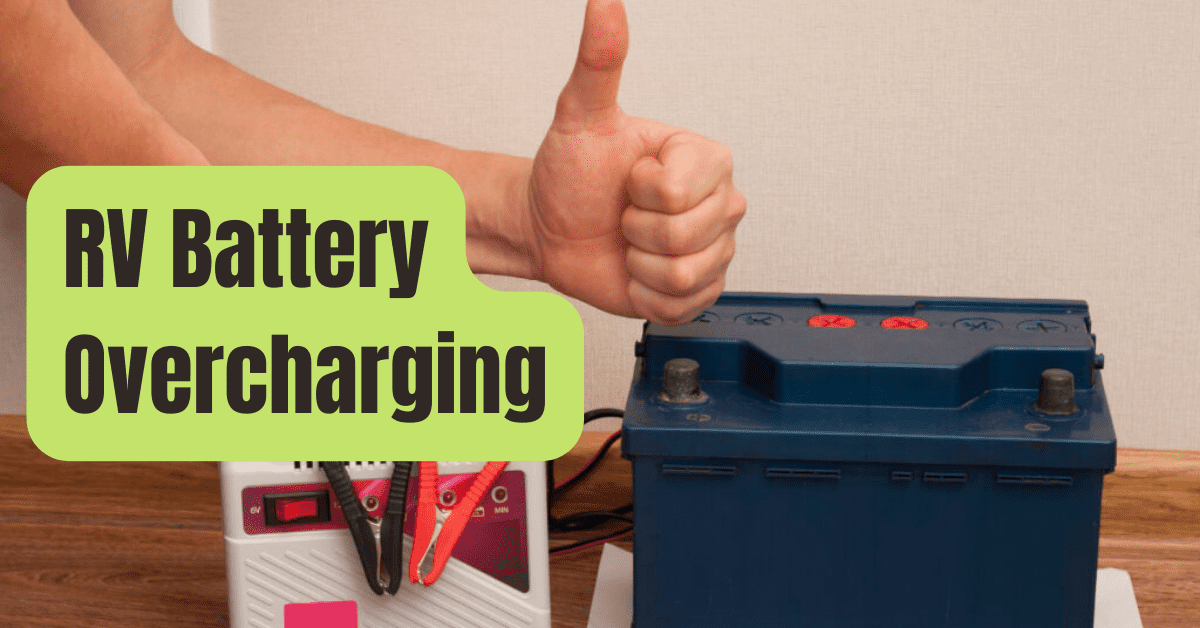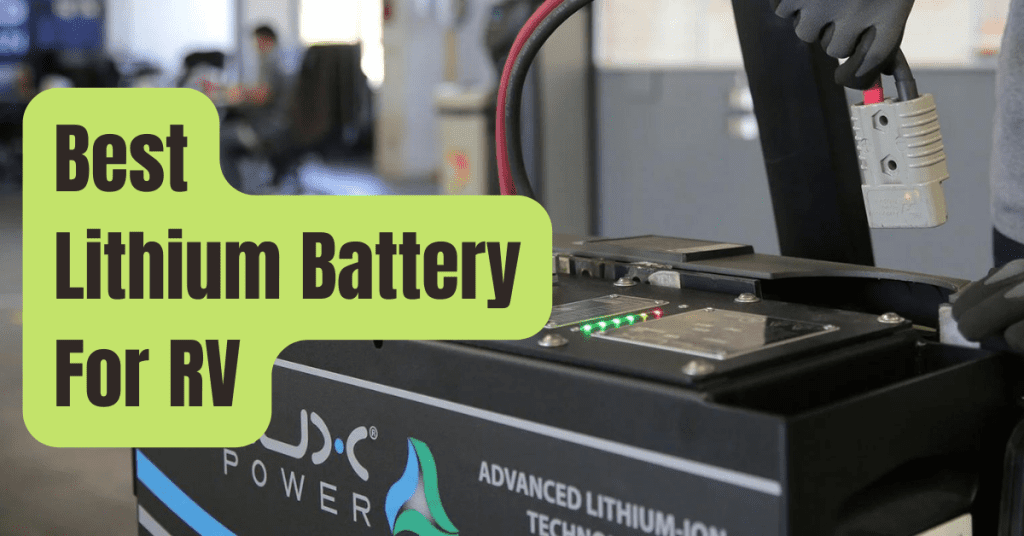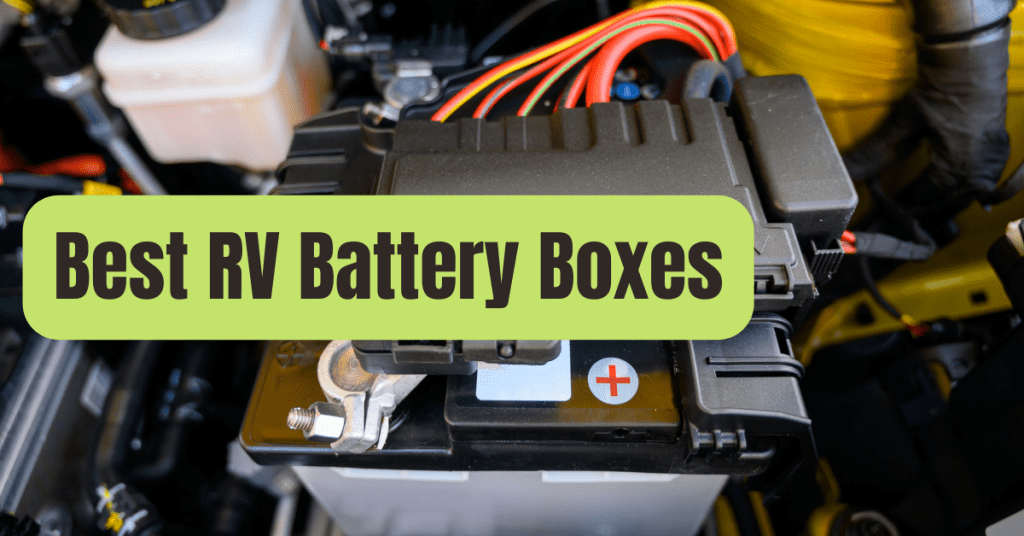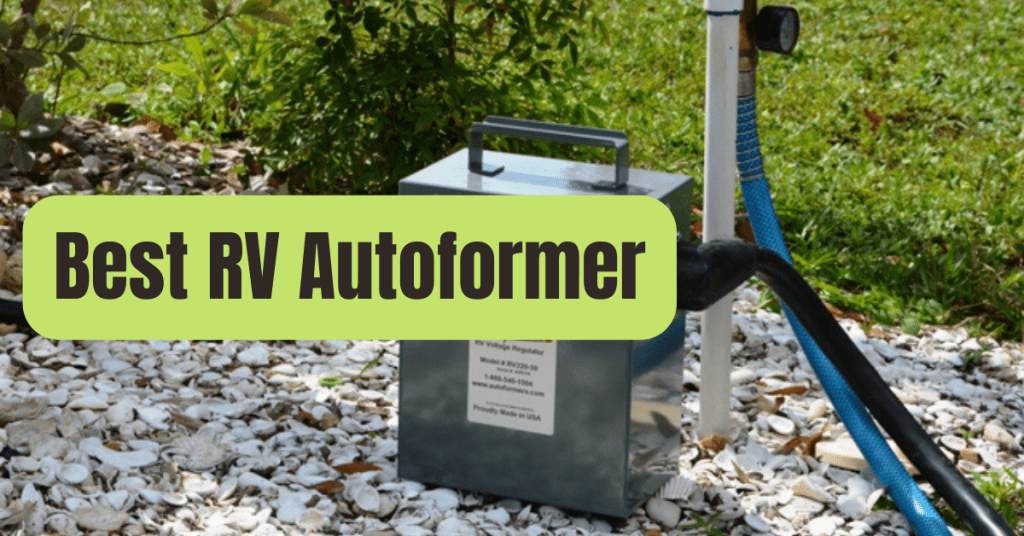There is a lot practically riding on the batteries of your RV even if you may not always consider them while you are out having fun on your most recent RVing vacation.
Because of this, it’s essential that you have a basic understanding of how your RV’s battery functions and how to care for it, particularly when it comes to avoiding overcharging, which may lead to a variety of issues.
#1. Basics of RV Batteries
RV owners put a lot of demands on their batteries, particularly now that the typical RV likely contains more technological devices and gadgets than ever before.
You should utilize a deep cycle battery for your RV in order to meet this need.
The only batteries that can really meet the demand are deep cycle batteries.
Some people attempt to use a conventional engine starting battery in its place, but it is a bad option since they often burn out or go flat.
Currently, the majority of RVs have one of three kinds of deep cycle batteries:
- Standard flooded cell batteries
- Batteries in gel
- Dry or AGM batteries
Conventional flooded cell batteries are often fitted as standard equipment in RVs.
And that’s all right.
RV batteries with flooded cells provide high performance and may be purchased for a fair price.
They need more upkeep than other battery kinds, however.
The flooded cell component of the name alludes to the need of adding water to these batteries in order for them to work.
The likelihood that the batteries may be permanently damaged is high if the water level drops to the point where the plates are exposed.
Therefore, it is best to avoid overcharging these batteries whenever possible since doing so will cause them to practically boil dry.
As the name implies, gel batteries are filled with gel and do not need topping up with water.
This indicates that they often survive longer, but since they cost more, fewer people use them.
Additionally, dry batteries are more costly.
These batteries are essentially maintenance-free thanks to their fiberglass-wrapped plates.
Both types may, however, be overcharged, and none is faultless.
#2. What Leads to Overcharging of RV Batteries?
An RV battery might overcharge for a number of reasons, but the most frequent one is that the converter being used to power the battery while charging is either unfit for the task or is broken.
A smart converter, also known as a three step converter, should be used to charge RV batteries.
Three charge modes are available for these: bulk, absorption, and float.
Bulk rapidly fills the battery to 90%, absorption fills it to 100% a bit more slowly, and float keeps the battery topped up to prevent running out of juice.
Some new RV owners are unaware that their RV has “energy vampires,” which are hidden objects that constantly take a tiny amount of electricity, even while it is parked in the garage.
This can eventually result in a dead battery.
When smart chargers fail and get trapped in bulk or absorption mode, the overcharging issue arises.
Or if an RV owner uses a regular converter for too long since they do not have a three-stage converter.
#3. Preventing Overcharging of Your RV Battery
If you don’t already have a “smart” charger, you should think about acquiring one to avoid these issues.
If you do, you must make sure it is operating correctly.
While the majority of brand-new RVs do include smart converters as standard equipment, some RV experts believe that the quality of those provided is not always as great as it should be.
Other factors, such as a fault with the battery itself, might also cause a battery to overcharge.
Like automobile batteries, RV batteries need to be changed every 3 to 4 years on average.
However, converter issues are by far the most frequent cause of an RV battery overcharging.
#4. The Value of Maintaining a Charged RV Battery
While it’s important to avoid overcharging your RV battery, it’s also important to avoid undercharging it.
Any kind of RV battery’s usable life is drastically shortened if it is allowed to deplete more than 50%.
This is due to the fact that a battery’s cells get “sulfated” when it is undercharged, which causes the battery to start losing its capacity to retain a charge.
Some individuals are curious about how to know whether a battery is completely charged.
The majority of RVs do feature a battery level indicator, but if yours does not, you may use a regular handheld voltmeter to determine the level of the battery for yourself.
A typical fully charged RV battery should register 12.6 volts or more while it is at rest (with no active power use whatsoever, apart from those little energy vampires).
You should obtain a reading of 12.4 volts if it is charged to 75%.
If the number falls to 12.0 or below, your battery is no longer at least 50% charged and has to be charged right away.
#5. RV Batteries of the Future
The RV industry is no different from any other industry in that technology is always changing.
Additionally, the “next generation” of RV batteries has already begun to show up.
RVs may now use lithium-ion batteries, which are becoming more and more popular in higher-end vehicles.
As they are usually called, Li-ion batteries have several benefits.
They can contain a lot more power while still being the right size for RV usage, are very light, and are almost hard to overload.
The drawback is that they are now far too pricey for the typical RV owner to think about.
Hopefully, this will change over time, but until then, the best way to make sure your RV batteries perform as they should and your RV adventures are not slowed down by battery problems is to take excellent care of them.
This includes charging them properly and avoiding overcharging your RV batteries.










